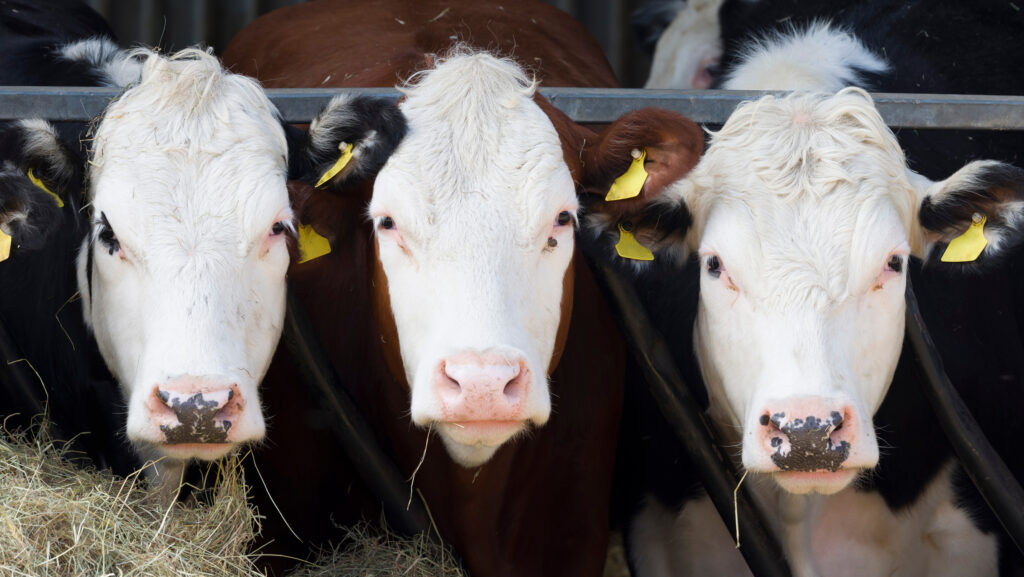Opinion: Animals should be treated like animals
 © Adobe Stock
© Adobe Stock As Fido the dog drapes himself across my lap, my friend exclaims: “Oh, he loves you!”
I suspect that this is not a display of adoration and Fido is trying to tell me I have usurped his place on the sofa and he would like me to clear off, but I don’t know.
There have been enough cats and dogs in my life that I can kid myself I understand them fairly well. Even so, there are things they do which are unfathomable.
Why, for example, must the cat make at least two dashes round the kitchen as a prelude to his nocturnal outings?
See also: Opinion – media mockery of health and safety makes me angry
When it comes to cattle, their reasons for doing certain things are obvious. Hurtling towards the silage trailer like the Charge of the Light Brigade means they are hungry.
They seek shade from hot sun and shelter from horizontal hail. However other conduct is more puzzling.
Why are some of the herd so friendly, actively going up to my partner for fond words and a head-scratch?
Perhaps it is not friendliness, and what is going on is a “cattle thing” that I can’t possibly understand.
Before I knew any, I saw cattle in fields and assumed that because their days consisted of mooching around eating grass, or lying down and chewing, they probably didn’t have much in the way of individual personalities.
In a conceitedly human way, I thought that dogs and cats were more interesting simply because they spend more time with us and we bring out their characters.
Now, I think differently, because I have observed that from birth some calves are bolder, that for no obvious reason some bullocks are surprisingly matey and that there are bulls who will (slightly disconcertingly) stride purposefully towards you across a field just to get a chin-rub.
However, what I definitely do not think is that having personalities makes cattle, or other animals, just like us.
They respond to what is happening in the present and have no concept of what the future might hold, good or bad.
A bullock grazing in a field does not, and cannot, know he will be off to the abattoir in the autumn. He is not thinking beyond the next patch of tasty vegetation, or how to shake off the fly that is bothering him.
It upsets me when a young calf dies, and I have observed a bereaved cow “mourn” her loss, but it would be wrong of me to project my feelings on to her.
It would be even worse if I wanted her to experience grief in the same way a human does, just so that I can indulge in the soppily anthropomorphic idea that we are the same.
What matters is really knowing our animals and treating them well according to their needs, not what we imagine is good for them.
I wouldn’t fancy spending the winter on a hillside, but so long as they can find shelter that is where Belties are happiest and they really do not like being confined indoors.
Other cattle are different, yet some people denounce the idea of cattle ever being housed, considering it “natural” for them to be outside all year, even if this means the poor creatures are wading around in mud.
But who are they to say that an animal does not enjoy lounging in comfort, with little to do but digest the last meal and await the next, as much as those humans whose idea of heaven is a cruise holiday?
